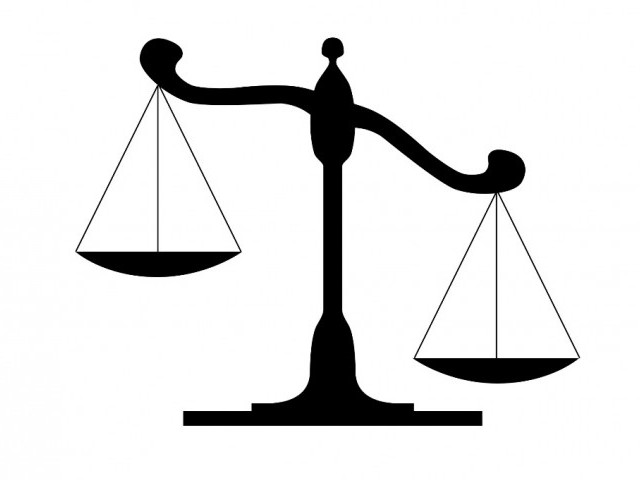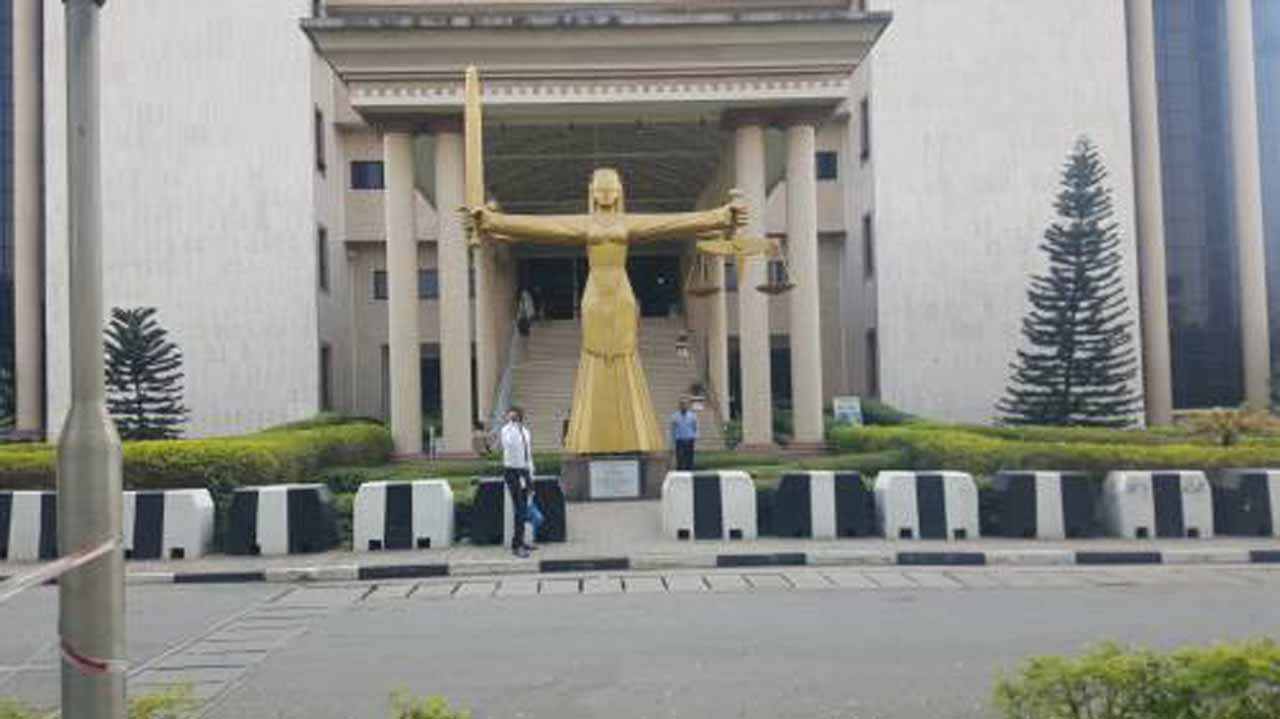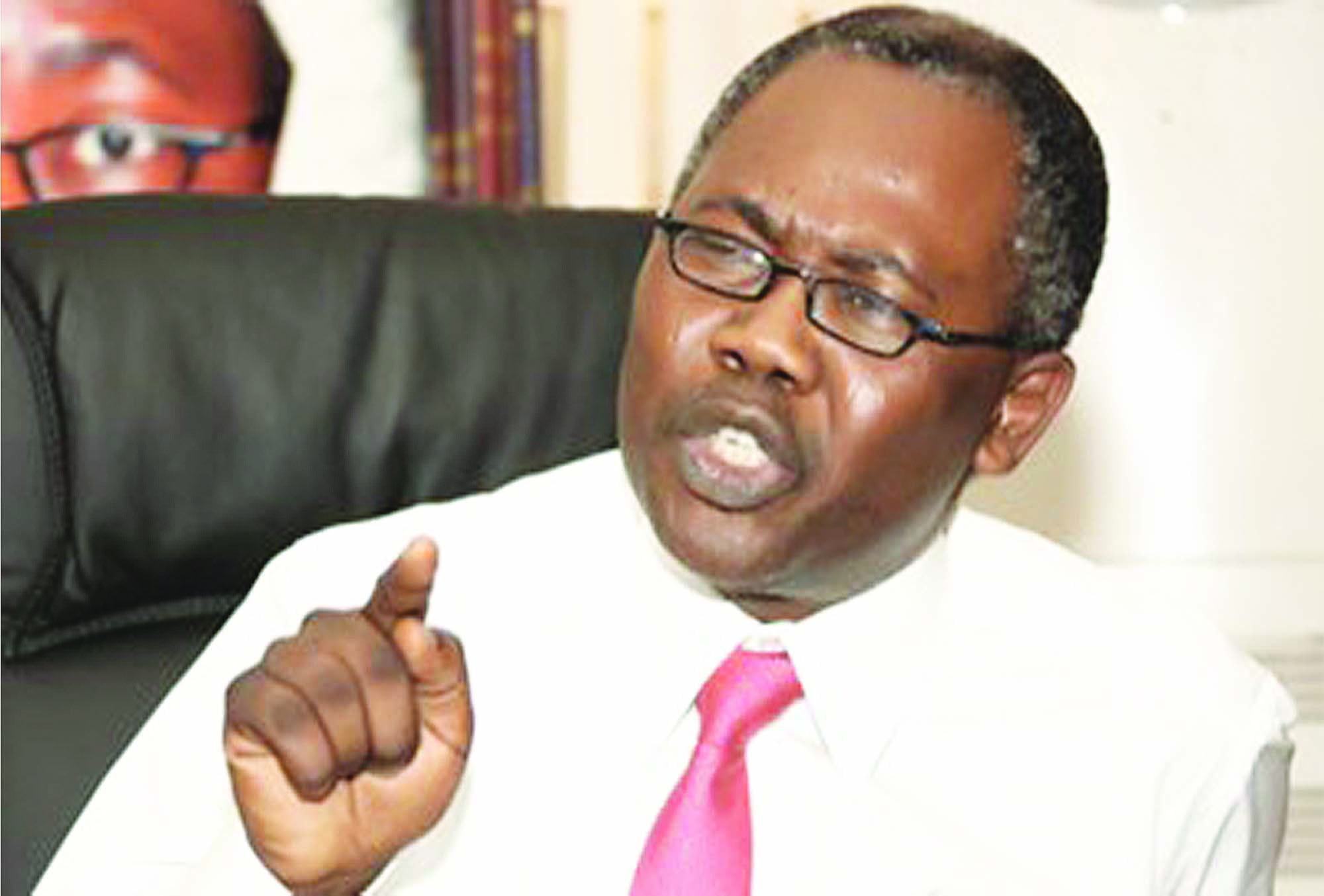45.9bn Fraud: Absence Of Judge Stalls Judgment On Tompolo’s Application
The absence of Justice Mojisola Olatoregun of the Federal High Court in Lagos yesterday stalled judgment on a suit filed by Niger Delta militant, Chief Government Ekpemulopo, alias Tompolo, challenging the powers of the Economic and Financial Crimes Commission (EFCC) to try him.
Justice Olatoregun, who is said to be attending a workshop outside Lagos, has now fixed July 14 to deliver the judgment.
The former militant had approached the court through a fundamental rights enforcement suit, seeking the protection of the court against prosecution for an alleged N45.9 billion fraud.
Tompolo, who was on February 12, 2016, declared wanted by Justice Ibrahim Buba of the same court, joined the EFCC, Inspector-General of Police, the Chief of Army Staff, the Chief of Naval Staff and the Chief of Air Staff as respondents in the suit.
While adopting his processes at the last sitting of the court, counsel for the EFCC, Rotimi Oyedepo had maintained that Tompolo is a ‘fugitive’in law, and so, should not be allowed to seek redress from the court until he submits himself for trial.
Oyedepo also submitted that given the materials placed before the court, it is clear that the applicant is in clear contempt of the order of Justice Ibrahim Buba, who had earlier compelled his attendance in court to answer to charges preferred against him.
The lawyer insisted that the application is an abuse of court process, since it is trite in law that a party who is in contempt of court cannot seek redress; he invited the court to throw out the application for lacking in merit.
Oyedepo further argued that in his originating processes, the applicant had ridiculously and in contradiction of his claims, annexed a copy of his notice of appeal signed personally by him.
He submitted that if the applicant feigns ignorance of the charge, how then was he able to brief his counsel on the charge for an appeal to be filed thereof?
The EFCC lawyer stressed that the issue leading to the preferring of a criminal charge against the applicant, borders on fraud, in which billions of naira was lost by the Federal government.
He therefore urged the court to dismiss the application and award ‘heavy’ cost against the applicant for abusing the court’s process.
On his part, counsel to the first and second respondent, T.A Mofolu, argued that the provisions of the Administration of Criminal Justice Act, provides for speedy criminal trials.
He argued that the law provides that an accused has a right of appeal where he is not at par with the decision of a court, adding that the respondent is aware of an appeal filed by the applicant.
He also objected to the annexation of a newspaper publication in the applicant’s further affidavit dated June 16, 2016, on the grounds that such piece of evidence was secondary and ought to be certified at the National library.
He urged the court to dismiss the application for lacking in merit.
In response, Tompolo’s lawyer, Ebun-Olu Adegboruwa argued that in criminal law, service of a charge is personal and cannot be presumed, adding that there is no evidence before the court showing that exhibit A (charge) was served on the applicant.
On the issue of contempt, Adegboruwa submitted that the applicant cannot be cited for contempt since from the commencement of the proceedings, the applicant cannot be said to have breached any court order.
He argued that it is a constitutional right of the applicant to apply to court in enforcement of his right, adding that same cannot be waived; he urged the court to so hold.
The absence of Justice Mojisola Olatoregun of the Federal High Court in Lagos yesterday stalled judgment on a suit filed by Niger Delta militant, Chief Government Ekpemulopo, alias Tompolo, challenging the powers of the Economic and Financial Crimes Commission (EFCC) to try him.
Justice Olatoregun, who is said to be attending a workshop outside Lagos, has now fixed July 14 to deliver the judgment.
The former militant had approached the court through a fundamental rights enforcement suit, seeking the protection of the court against prosecution for an alleged N45.9 billion fraud.
Tompolo, who was on February 12, 2016, declared wanted by Justice Ibrahim Buba of the same court, joined the EFCC, Inspector-General of Police, the Chief of Army Staff, the Chief of Naval Staff and the Chief of Air Staff as respondents in the suit.
While adopting his processes at the last sitting of the court, counsel for the EFCC, Rotimi Oyedepo had maintained that Tompolo is a ‘fugitive’in law, and so, should not be allowed to seek redress from the court until he submits himself for trial.
Oyedepo also submitted that given the materials placed before the court, it is clear that the applicant is in clear contempt of the order of Justice Ibrahim Buba, who had earlier compelled his attendance in court to answer to charges preferred against him.
The lawyer insisted that the application is an abuse of court process, since it is trite in law that a party who is in contempt of court cannot seek redress; he invited the court to throw out the application for lacking in merit.
Oyedepo further argued that in his originating processes, the applicant had ridiculously and in contradiction of his claims, annexed a copy of his notice of appeal signed personally by him.
He submitted that if the applicant feigns ignorance of the charge, how then was he able to brief his counsel on the charge for an appeal to be filed thereof?
The EFCC lawyer stressed that the issue leading to the preferring of a criminal charge against the applicant, borders on fraud, in which billions of naira was lost by the Federal government.
He therefore urged the court to dismiss the application and award ‘heavy’ cost against the applicant for abusing the court’s process.
On his part, counsel to the first and second respondent, T.A Mofolu, argued that the provisions of the Administration of Criminal Justice Act, provides for speedy criminal trials.
He argued that the law provides that an accused has a right of appeal where he is not at par with the decision of a court, adding that the respondent is aware of an appeal filed by the applicant.
He also objected to the annexation of a newspaper publication in the applicant’s further affidavit dated June 16, 2016, on the grounds that such piece of evidence was secondary and ought to be certified at the National library.
He urged the court to dismiss the application for lacking in merit.
In response, Tompolo’s lawyer, Ebun-Olu Adegboruwa argued that in criminal law, service of a charge is personal and cannot be presumed, adding that there is no evidence before the court showing that exhibit A (charge) was served on the applicant.
On the issue of contempt, Adegboruwa submitted that the applicant cannot be cited for contempt since from the commencement of the proceedings, the applicant cannot be said to have breached any court order.
The EFCC had filed a 40 count charge against Tompolo and nine others before Justice Ibrahim Buba of the same court.




